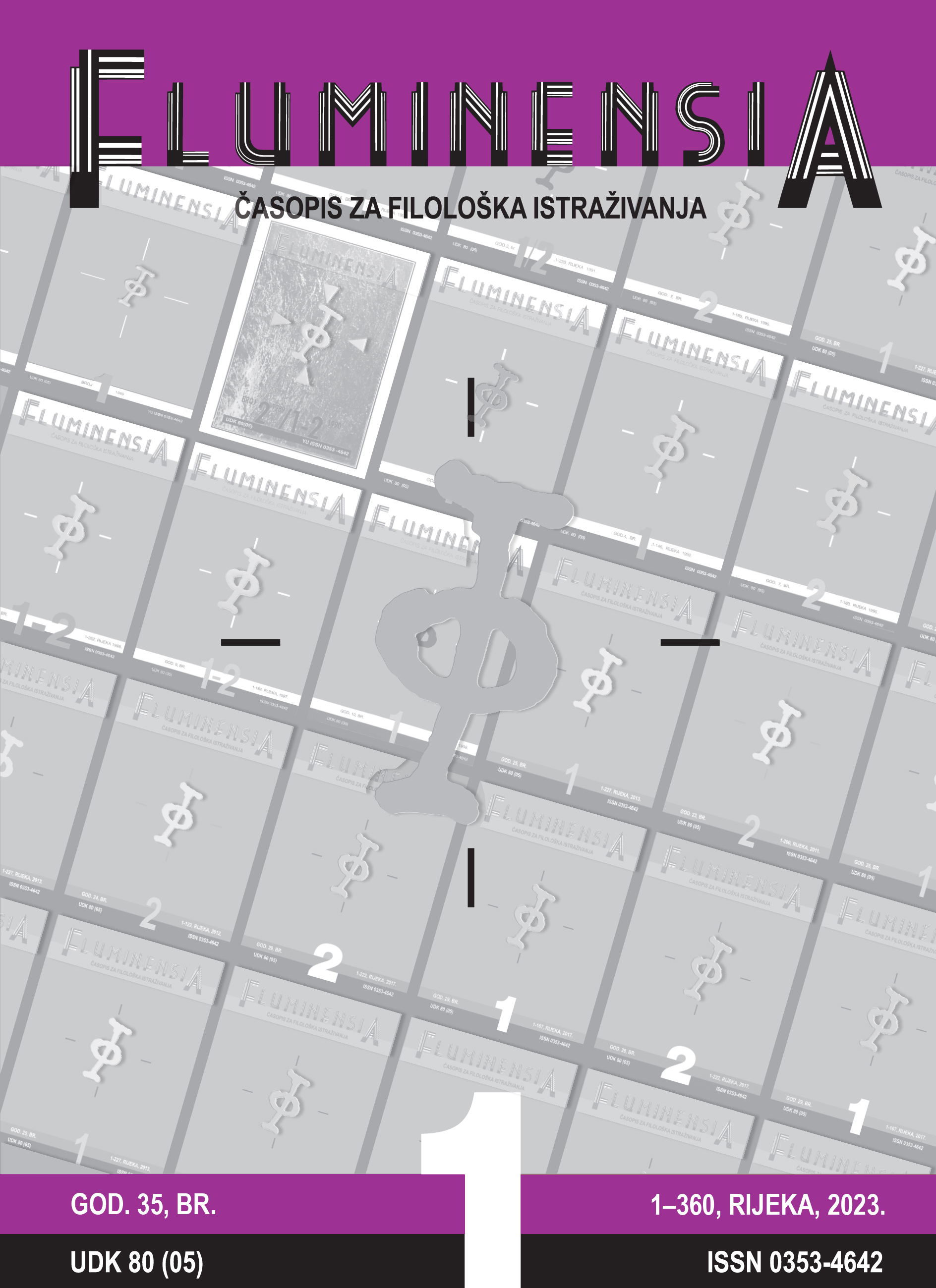PRAGMATIC TRIGGERS OF VERBAL HUMOUR IN BRANISLAV NUŠIĆ’S PLAY THE MINISTER’S WIFE
Keywords:
pragma-stylistics, verbal humour, play, Serbian literature, Branislav Nušić, The Minister’s WifeAbstract
The paper presents a pragma-stylistic analysis of the play The Minister's Wife (1929) by the Serbian writer Branislav Nušić. This play contains both verbal and situational humour, and shows characteristics of situation comedy, comedy of character and satire. The analysis was carried out with the aim of determining the pragmatic means and strategies for achieving verbal humour in the play. The theoretical apparatus was taken from the contemporary linguistic (primarily pragmatic) theories of humour, which are based on the concept of incongruity. In the first part of the paper, the theoretical framework of the research is presented, while the second part is devoted to the analysis. The most frequent pragmatic triggers of humour are demonstrated and analysed on
selected examples from the play. These triggers are classified into three groups: (1) triggers based on flouting/violating the cooperative principle, which is reflected in the transmission of implicit meanings, (2) triggers based on flouting/violating the principle of politeness, which is reflected in the use of impolite and falsely polite utterances, (3) colourful language of dramatic characters, which is characterized by the frequent use of affective expressions and the use of inappropriate and unexpected register.

